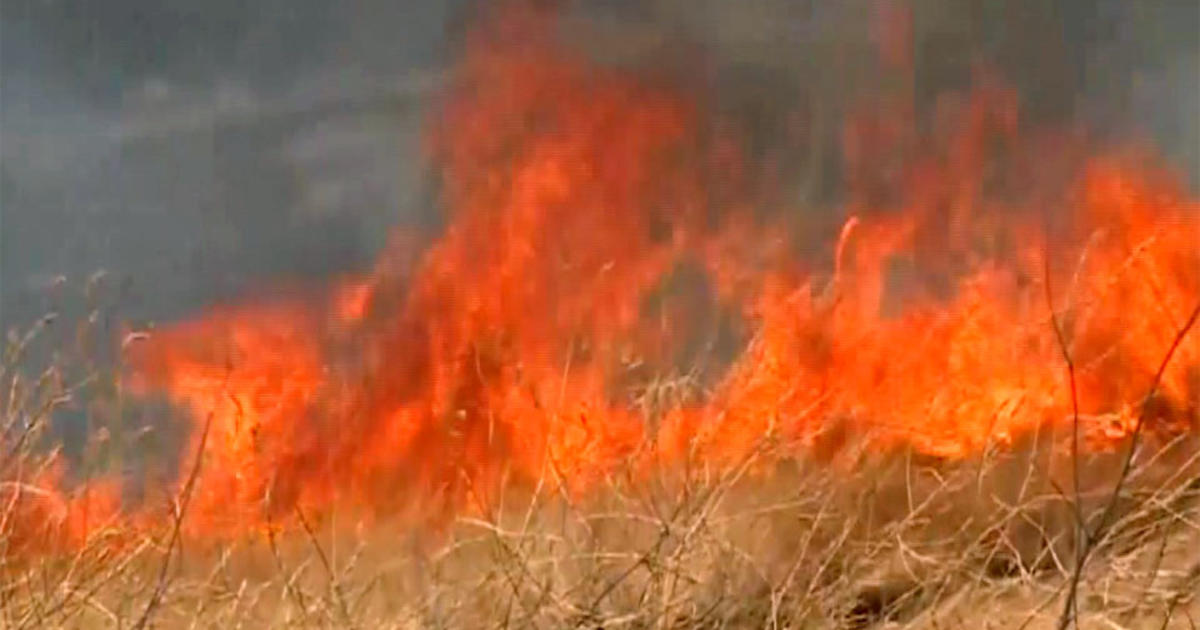Why Experts Say This Is An Atypical Flu Season
MINNEAPOLIS (WCCO) -- The influenza season is off to an early start across the country and in Minnesota.
Last week, there were 13 new flu outbreaks in Minnesota schools and two in nursing homes, according to the Minnesota Department of Health.
So how is flu season different this year? Good Question.
Scientists still can't explain why flu season starts at a particular time, but they do know the type of influenza that's most common right now: Influenza B.
"It's unusual," said Kris Ehresmann, director of infectious diseases at the Minnesota Department of Health. "We typically see influenza A as the peak strain."
There are four types of the influenza virus -- A, B, C and D -- but only two -- A and B -- that seriously affect humans. Type A is far more common in the early part of the flu season, while Type B generally peaks in February or March.
The last time Type B came early was the 1992-1993 flu season.
So, why now?
"We didn't see much influenza B last year, so that could be playing a part, but certainly the virus does what it wants," Ehresmann said.
She says both Influenza A and B are very contagious and show similar symptoms, like fever, chills, fatigue, and aches.
"They can both be very serious," Ehresmann said. "We see deaths from both."
Influenza A can be found in humans, birds and pigs, which means it can lead to pandemics. Influenza B can be found in humans and seals, but it mostly just affects humans.
Influenza B tends to affect younger people, which could be why one-quarter of the flu visits to Minnesota emergency rooms last week were pediatric, compared to a typical 10%.
Ehresmann says just because flu season appears to have started earlier than normal, that doesn't mean it will end earlier. The season lasts from October to May.
"We could have a second wave of influenza that follows this," she said. "We just don't know. Flu is a wily virus."
So, she stresses it's not too late to get a flu shot. The vaccine does covers strains of both Types A and B. And, as always, people should wash hands, cover their coughs and don't go to school or work with a fever more than 100 degrees.



